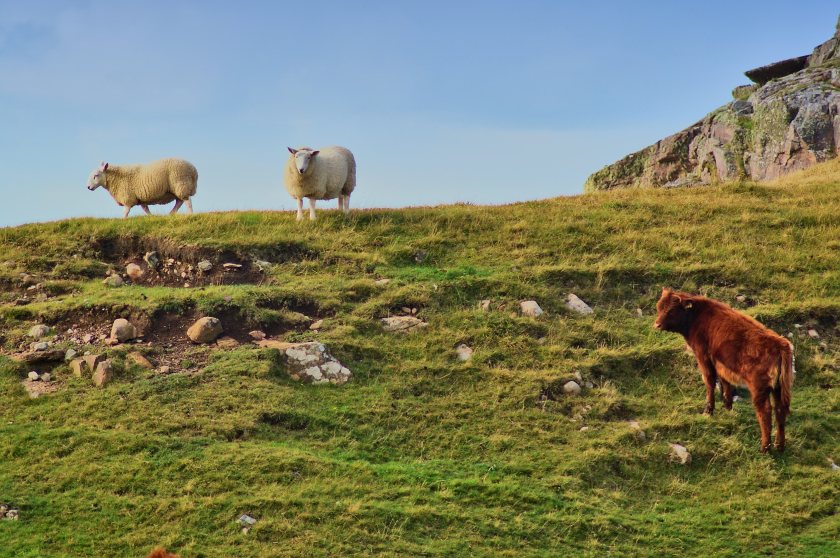
A deepening lack of trust in government policy is discouraging landowners from letting land for farming in Scotland, according to a new survey that warns the tenanted sector is “at a low ebb.”
Research by Scottish Land & Estates (SLE) reveals that fear of retrospective legislative change has become the single biggest barrier to land being let — with confidence among landowners collapsing amid growing political uncertainty.
The survey, which canvassed estates and farming businesses across Scotland, found that while 84% of respondents currently let land through secure or limited-duration tenancies, many are now reconsidering their future involvement in the sector.
When asked to identify the main obstacles to letting land, 88% of respondents cited “fear of retrospective legislative change or lack of trust in government policy.”
This concern far outweighed other issues such as loss of control (76%), complex legislation (49%) and taxation (31%).
The findings come as MSPs prepare to debate the final stage of the Land Reform (Scotland) Bill, a wide-ranging package aimed at increasing access to land and strengthening tenant rights.
However, the legislation has proved controversial, with critics warning that retrospective clauses could deter future lettings and destabilise long-term agreements.
Just 12% of respondents described themselves as optimistic about the future of the tenanted sector, while more than 70% said they were pessimistic. Most blamed repeated government interventions and what they see as an erosion of trust in rural policymaking.
Meanwhile, 74% said the proposed Land Reform Bill changes would make them less likely to let land in future.
Many landowners are turning instead to short-term or alternative arrangements such as annual grazing lets (used by 76% of respondents), contract farming (49%), or joint ventures (11%), which they say offer greater flexibility and lower legal risk.
Stephen Young, director of policy at Scottish Land & Estates, said the results offered “clear and sobering evidence that confidence among those who make land available for tenant farming is at a low ebb.”
He warned that “fear of retrospective legislative change has become the defining factor shaping decisions across the tenanted sector.”
“It is clear that previous changes to legislation have caused a detrimental impact on the amount of land in Scotland being let and on the length of tenancies available,” he said.
“It appears we have not learnt from that, and further harm will be inflicted on the let sector in Scotland, with little thought for future tenants.”
Mr Young contrasted Scotland’s situation with the rest of the UK, noting that “England and Wales have not seen this huge drop off in land available for rent.”
“Owners of land are not looking for special treatment – they are looking for stability, fairness and trust in government policy,” he added. “Without that, the tenanted sector will continue to contract, to the detriment of the next generation and the wider rural economy.”
Data from the Central Association of Agricultural Valuers (CAAV) shows a 43% decline in 1991 Act tenancies between 2008 and 2020, alongside a sharp rise in short limited-duration tenancies (SLDTs).
However, SLE warns that confidence in SLDTs could now falter if the government presses ahead with retrospective provisions in the new bill.
“The current political climate is pushing landowners in the opposite direction,” Mr Young said. “If the Scottish government proceeds with resumption-for-capital provisions against the advice of most of the farming sector, it will only accelerate the decline in these tenancy options.”
He concluded: “If ministers genuinely want to encourage diversity in land tenure, they must first rebuild trust with those who make land available. Only by doing that can we create the stable, fair framework needed to open up opportunities for the next generation of tenants.”
The Scottish Parliament is expected to vote on the Land Reform (Scotland) Bill in the coming weeks, setting the stage for a decisive moment in the future of Scotland’s tenanted farming sector.
